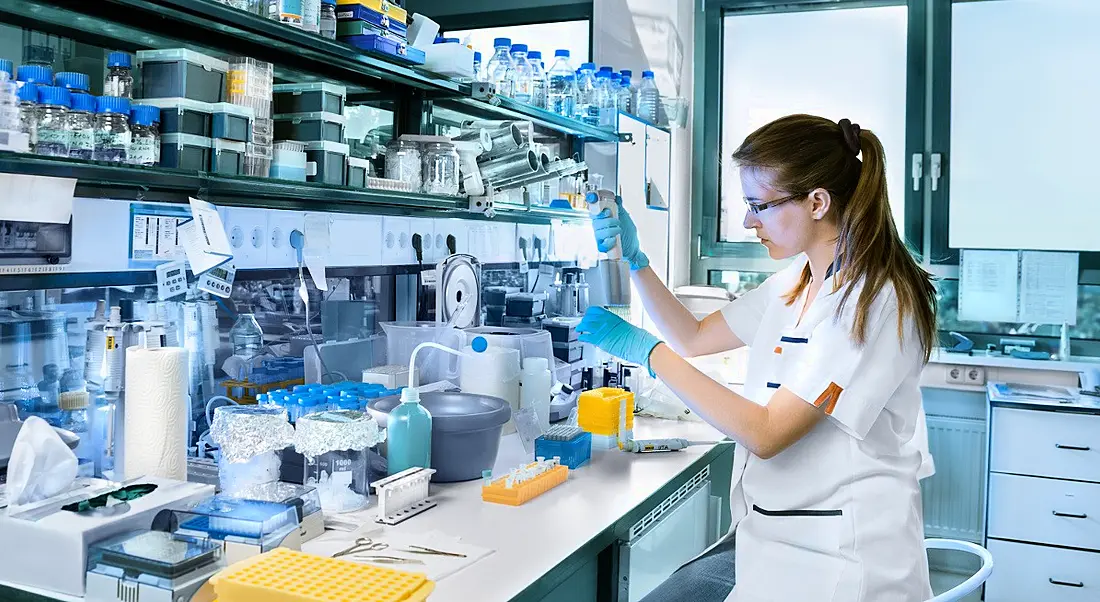In a world of transformation, those in life sciences will need to brush up on certain skills. Don’t worry, Hays’ Paul Strouts is here to help you.
We are living in an age of almost unthinkable transformation and the life sciences industry is at the vanguard of this change. Nowhere is this more evident than in our modern hospitals, where robots now perform surgeries routinely; patients are the recipients of state-of-the-art joints, limbs and other life-changing prostheses; and personal data is shaping the way medicines and other treatments are formulated.
This push towards a technetronic era is revolutionising the nature of work in the life sciences industry. With so much innovation happening, it is obvious that some skills will be in shortfall as the demand for ‘digital transformation’ overtakes the number qualified to fulfil these tasks. In other words, there is a skills gap being created by the radical pace of change.
Do you have the skills to bridge this transition? Here are some of the areas where we see life science skillsets falling short. These may be areas to focus on when working towards your ideal employment.
1. Digital skills
Hiring managers are finding it difficult to fill posts where digital skills are top of their wish list. From statistical programmers to real-world data specialists, the life sciences sector is having a hard time procuring feet under desks in this area. Hone your digital skills and you will be heading in the same direction as the market.
2. Leadership skills
The rate of disruption in the life sciences industry predicates the need for those who can create direction – for example, business unit, quality management and development excellence leads. In a US Skills Index Analysis, which used LinkedIn data to track supply and demand of particular skills across seven major industries, there was an almost 40pc gap in project management skills for the life science/healthcare industry. Leadership training is now widely accessible, so consider taking this opportunity to bolster your credentials.
3. Medical technology skills
A Deloitte report on the medical technology workforce and skills in Australia indicated a 15pc gap in product research skills and an almost 30pc gap in product development skills. A notable 84pc of companies believed that these skills gaps were adversely affecting their business, more so in the last five years. With the fast pace of technological innovation making way for roles such as machine-learning leads, acquiring skills in medical technology is a sure way to fast-track your career.
4. Selling skills
While in the past clinical experience was a bonus for pharmaceutical sales representatives, the new trend towards smaller, leaner, more collaborative teams and roles will favour candidates with good commercial skills. You can boost your attractiveness to potential employers by working on how you can prove your prospective worth to the company bottom line.
For those with the right skills, there are life science employment opportunities like never before. As old stereotypes are passed over in favour of the new, candidates with foresight and agility are set to close the skills gap and raise the flag on an entirely new healthcare system.
By Paul Strouts
Paul Strouts is the global managing director for Hays Life Sciences. Strouts looks after 27 countries within the group’s portfolio, spanning from New York in the US to Sydney in Australia.
A version of this article originally appeared on Hays’ Viewpoint blog.




